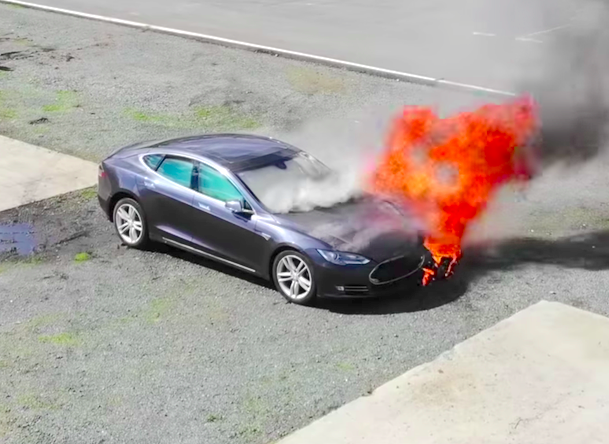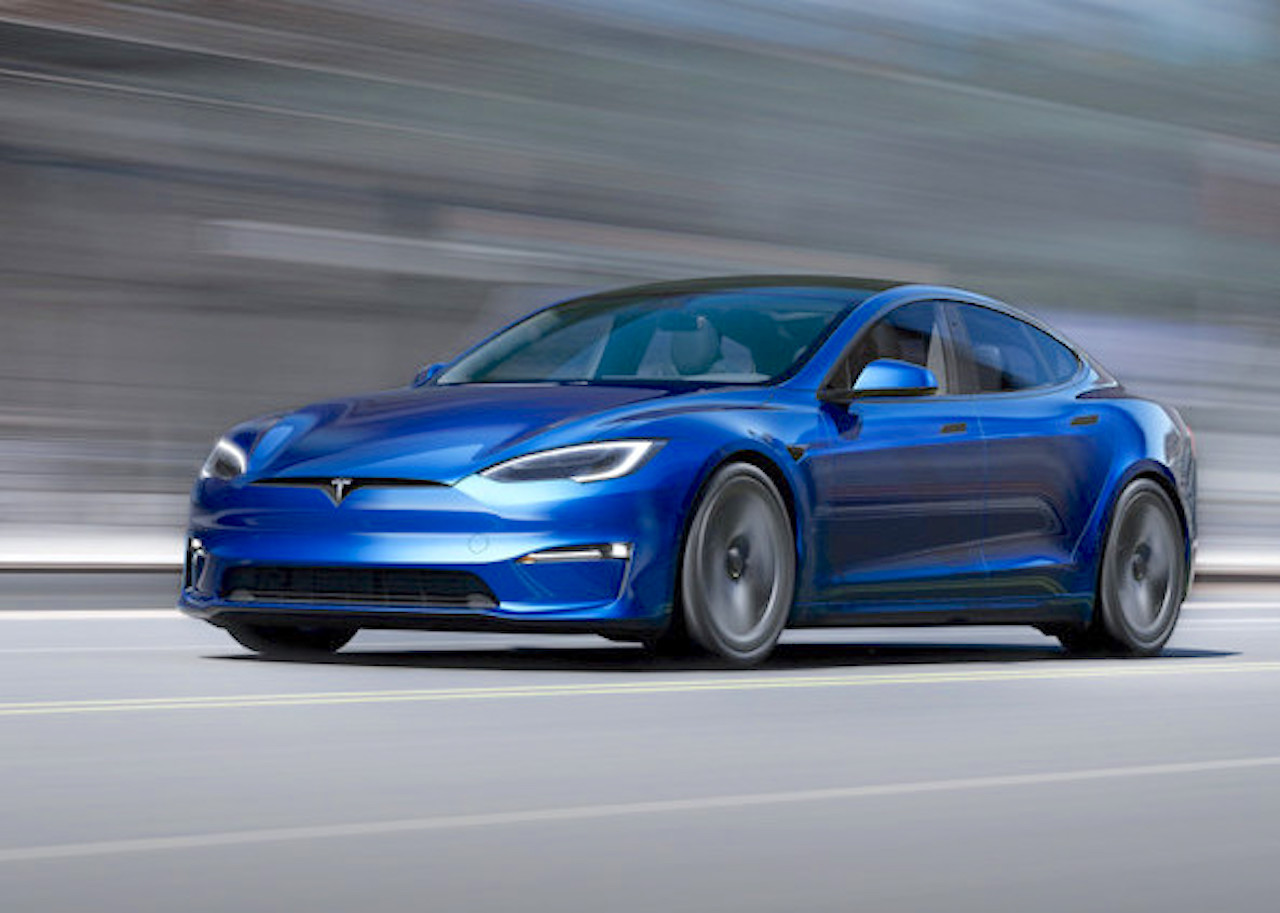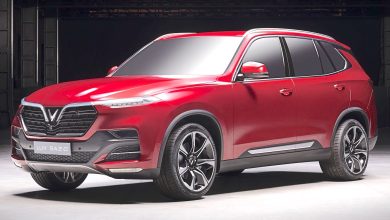Is Your Electric Car Battery Getting HOT In Our Weather
Is the electric car really suitable for our rising temperatures right now

Over the last 15 months of test driving 19 new electric vehicles from different car manufacturers across the globe and speaking to various electric vehicle (EV) product planners and also engineers in Malaysia and also overseas, in the following paragraphs we share their insight and advice.
It is time to look at how hot weather can affect all-electric cars and learn about the potential challenges and mitigation strategies.
From battery performance to cooling systems, explore the impact of high temperatures on electric vehicles and how manufacturers and owners address these issues.

As all-electric cars become increasingly popular, it is crucial to understand the potential impact of hot weather on their performance. High temperatures can affect various aspects of electric vehicles, including battery efficiency, range, and overall driving experience.
Battery Performance
Hot weather can adversely affect the performance and longevity of electric vehicle batteries. High temperatures accelerate the degradation of lithium-ion batteries, reducing their overall capacity and efficiency.
Meanwhile, this can result in decreased driving range and increased charging times.
EV car manufacturers employ advanced thermal management systems to regulate battery temperatures and minimize the impact of hot weather.
Range Reduction
Electric vehicle range can be significantly affected by hot weather conditions. Batteries work less efficiently in high temperatures, resulting in reduced driving range per charge.
Additionally, increased use of air conditioning to maintain cabin comfort adds to the energy demand and further impacts range. It is important for electric car owners to plan for shorter distances in extreme heat or utilize the available charging infrastructure strategically.
Battery Cooling Systems
To combat the adverse effects of hot weather on electric car batteries, manufacturers incorporate sophisticated cooling systems. These systems regulate battery temperatures and prevent overheating during charging and operation.
So, liquid or air cooling mechanisms are employed to maintain optimal battery performance, ensuring longevity and enhancing overall efficiency.
Take note, the EV battery and cabin cooling system needs maintenance. So, when a EV sales person tells you that EV’s don’t need maintenance, they are ONLY talking about engine servicing as there is No engine.
Thermal Management
Apart from cooling the battery, thermal management systems in all-electric cars also ensure optimal performance of other components, such as the power electronics and electric motors.
Efficient thermal management reduces the risk of component overheating and improves overall vehicle reliability and longevity in hot weather conditions.
Charging Considerations
High temperatures can impact the charging process of electric vehicles. Charging times may increase due to battery temperature management protocols, which limit the charging rate to prevent overheating.
It is important for electric vehicle owners to be aware of potential charging limitations in hot weather and plan accordingly.
Cabin Comfort
Hot weather can impact cabin comfort in all electric car models, particularly if the air conditioning system consumes a significant amount of battery power. Manufacturers employ energy-efficient cooling technologies and intelligent climate control systems to optimize cabin comfort while minimizing the impact on driving range.
Now, the above explains how hot weather presents challenges for all electric car models, primarily in terms of battery performance and driving range. However, manufacturers are actively addressing these issues through advanced thermal management systems and efficient cooling mechanisms.
Electric car owners can mitigate the impact of hot weather by planning for shorter distances, utilizing charging infrastructure strategically, and using energy-saving features.
Well, as the technology continues to evolve, the impact of hot weather on all electric car models is expected to be further minimized, making the electric car a reliable and sustainable transportation option regardless of weather conditions.




